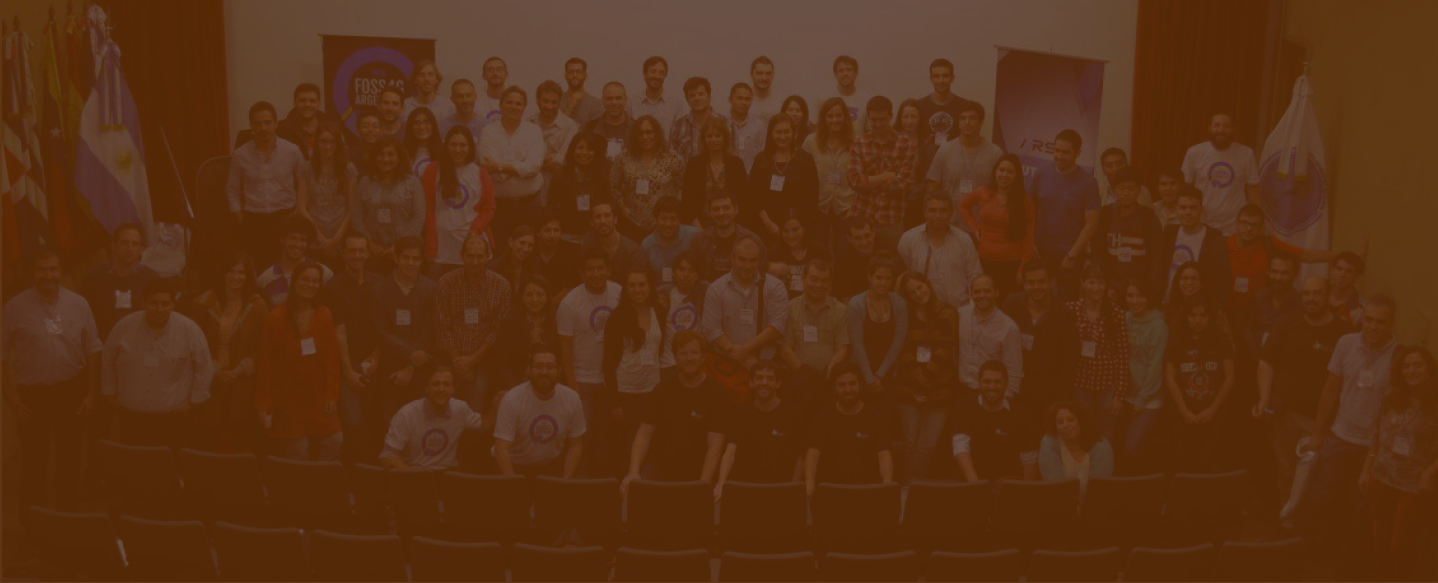2021-09-29, 11:30–12:00, Buenos Aires
How can a small and independent media press help in the fight against negationism and pandemic? In this talk I intend to share an insteresting use case from a small and independent media press on a Data Journalism project using FOSS4G to infer whether or not the forest fire occurrence is agravating respiratory syndrome related to COVID-19 in the braziliam Amazon biome, using Copernicus Atmosphere Monitoring Service, air poluttion sensors and health public data.
This is a talk about facing negationist government and the pandemic with thoughts about this process and the technical explanations on how we approached this project.
Most of GIS users know John Snow map to fight the cholera break in Zoho in 1854. Seems that the COVID-19 pandemic is bringing back the importance of GIS: A lot of maps and dashboards have been build to monitor and help on reducing the virus spread.
But more than the map on its self, what John Snow has to inspire us on?
The cholera outbreak occurred on a miasm paradigm, that held that diseases like cholera were caused from the air pollution.
Could you imagine your self arguing with an entire society trying to prove them they are wrong? and proposing a new point of view? Seems that would be something similar with dealing with the actual negationism. And John Snow did it! Not only with a map, worth saying. So let us be inspired by John Snow, not only with the map, but by the fact that he used other evidences to fight not only the cholera outbreak but the miasm point of view.
Why is that so important?
Since 2019 Brazil, like others countries, have a negationist government. So you can have a plot: in 2019, the amazon's biome suffered from several forest fire after several years of reduction on its activities. The Brazzilian president kept saying it was "fake news".
The same happens with the COVID-19 in Brazil. In this context InfoAmazonia, an independent media press, started "Engolindo Fumaça" project, which was selected and is being financed by Big Local News from a Stanford’s university. The objective is to infer whether or not the air pollution from forest fire activities in the Brazilian Amazon biome have been playing a role in aggravating hospital admissions and length of stay during the COVID-19 pandemic. All of that using FOSS4G and open data and using the results to guide a series of journal articles with real histories of people whom is suffering the consequences.
The challenge was: 1) Identify the best data set with PM<2.5 variable; 2) Validate the data sets from point 1 with air pollution sensors; 3) Validate the correlation of PM<2.5 with forest fire occurrences and; 4) to identify if there is a relation between the exposure to PM<2.5 with hospital admissions and length of stay by respiratory syndromes caused by COVID-19.
We analyzed different data sets for particulate matter < 2.5 and compared each of them with MODIS Optical Aerosols Depth. The most suitable PM 2.5 variable was Copernicus Atmosphere Monitoring Service (CAMS). Them we compared CAMS' PM 2.5 values with Acre's Federal University laboratory, which makes part of air pollution sensors network. The fire occurrence were obtained from the satellite S-NPP from which were possible to infer that most municipalities has its PM 2.5 values correlated with fires occurrences.
We are now working on the health data where the challenge is estimating the exposure of those registered on the hospital admission considering a time lag.
Felipe Sodré Mendes Barros (1)
Juliana Mori (2)
Sonaira Souza da Silva (3)
Renata Hirota (4)
Eduardo Geraque (5)
(1) External Data Scientist
(2) InfoAmazonia Director and Journalist
(3) Professor at Acres' Federal University
(4) External Data Scientist
(5) Journalist
Use cases & applications
Topic –FOSS4G implementations in strategic application domains: land management, crisis/disaster response, smart cities, population mapping, climate change, ocean and marine monitoring, etc.
Level –1 - Principiants. No required specific knowledge is needed.
Language of the Presentation –English
I am a Geographic Data Scientist working with biodiversity and environmental science lost between R, Python and QGIS analysis;

